Elon Musk recently had a TED talk with Chris Anderson covering a wide range of topics, including the Tesla Semi and expanding the Gigafactory fleet - What will the future look like? Elon Musk speaks at TED2017.
Showing a concept photo of a house with a Tesla in the driveway, Powerwalls on the side of the house and a solar glass roof, Musk talks about his vision for the home of the future. Most houses in the US, he says, have enough roof area for solar panels to power all the needs of the house. “Eventually almost all houses will have a solar roof,” he says. “Fast forward 15 years from now, it’ll be unusual to have a roof that doesn’t have solar.”
And to store all that electricity needed to power our homes and cars, Musk has made a huge bet on lithium-ion batteries. Moving on to a discussion of the Gigafactory, a massive diamond-shaped lithium-ion battery factory near Sparks, Nevada, Musk talks about how power will be stored in the future.
“When it’s running full speed, you can’t see the cells without a strobe light,” Musk says as a video of the factory pumping out Li-ion batteries plays behind him. Musk thinks we’ll need about 100 such factories to power the world in a future where we don’t feel guilty about using and producing energy, and Tesla plans to announce locations for another four Gigafactories late this year. “We need to address a global market,” Musk says, hinting that the new factories will be spread out across the world. ...
Sustainable energy will happen no matter what, out of necessity, Musk says. “If you don’t have sustainable energy, you have unsustainable energy … The fundamental value of a company like Tesla is the degree to which it accelerates the advent of sustainable energy faster than it would otherwise occur,” he says.
But becoming a multi-planet species isn’t inevitable. “If you look at the progress in space, in 1969 we were able to send somebody to the moon. Then we had the space shuttle, which could only take people to low-Earth orbit. Now we take no one to orbit. That’s the trend — it’s down to nothing. We’re mistaken when we think technology automatically improves. It only improves if a lot of people work very hard to make it better.”
Tesla have also released their "solar roof" product, with Bloomberg declaring it "better than anyone expected". RNE has a summary - Tesla’s solar roof sets Musk’s grand unification into motion.
Production of the tiles will begin at Tesla’s Fremont solar plant in California and then shift this summer to its new factory in Buffalo, New York, with additional investments from Tesla’s partner, Panasonic. Musk said initial sales will be limited by manufacturing capacity. As production ramps up into 2018, sales will begin in the UK, Australia, and other locations, along with the introduction of sculpted terracotta and slate versions of the solar roof.
The tempered glass in Tesla’s tiles is designed to conform to the toughest durability standards for both roofs and solar products, according to Tesla. The roof itself is guaranteed to outlast your home, while the power production of the solar cells is covered under a 30 year warranty, according to the company’s website. Glass, as Musk likes to point out, has a “quasi-infinite” lifetime, though the underlying solar cell will degrade over time.
Tesla’s basic premise is to make solar ownership more attractive and affordable by eliminating the need to install both a roof and solar panels. Tesla will manage the entire process of solar roof installation, including removal of existing roofs, design, permits, installation, and maintenance. The company estimates that each installation will take about a week.



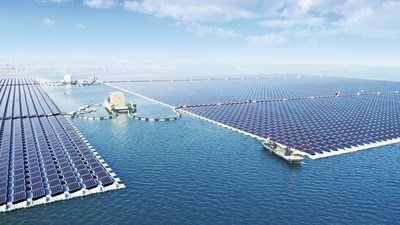

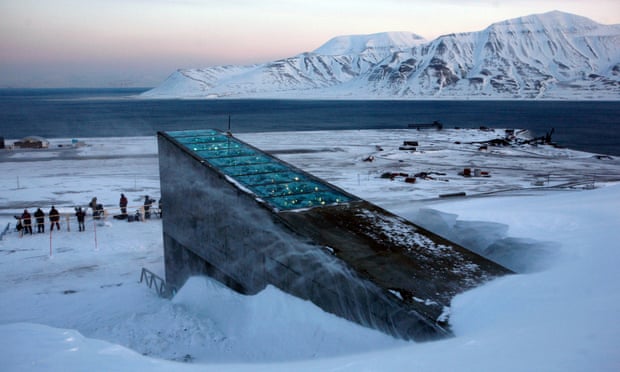


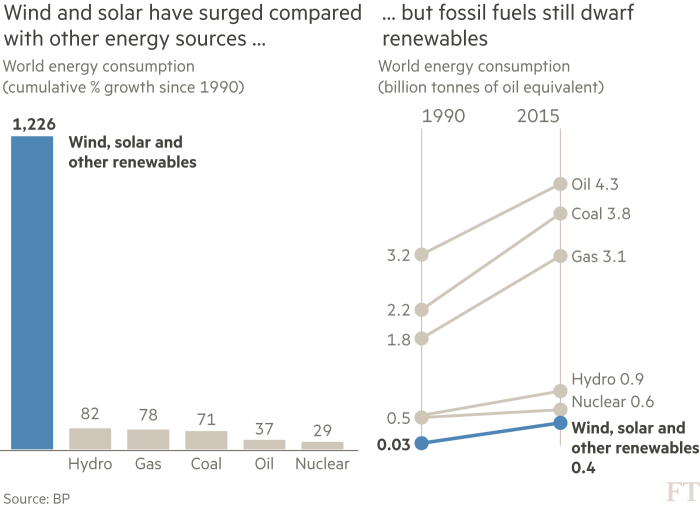
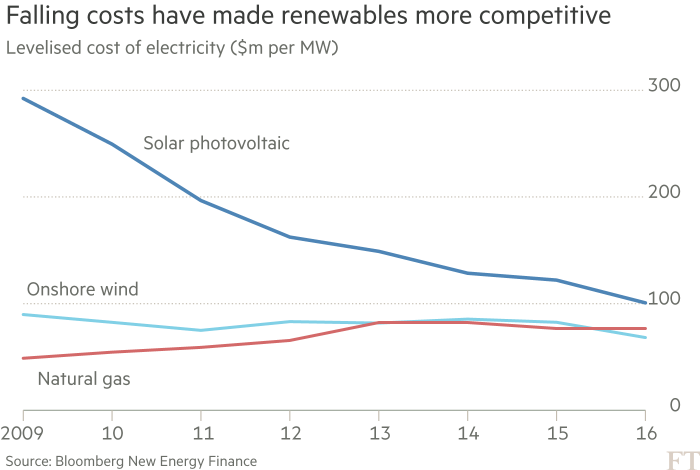
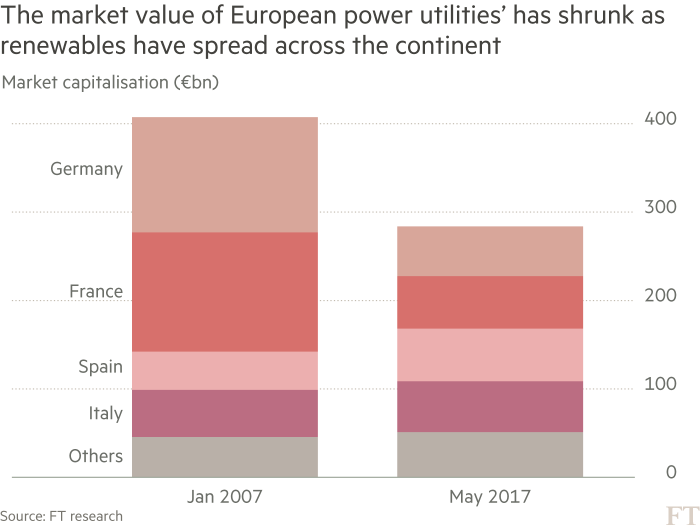
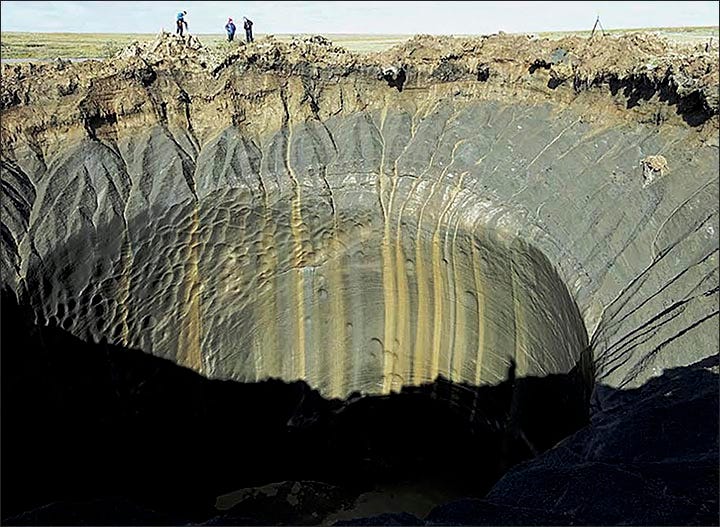
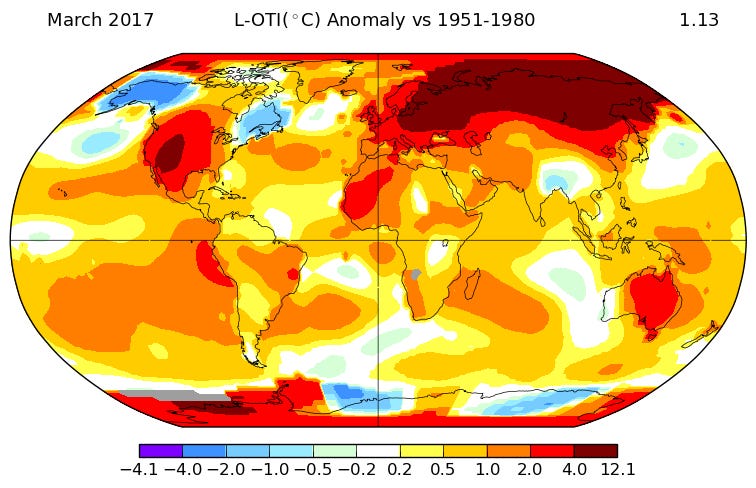





/cdn0.vox-cdn.com/uploads/chorus_asset/file/8492757/drawdown_book_cover.jpg)




